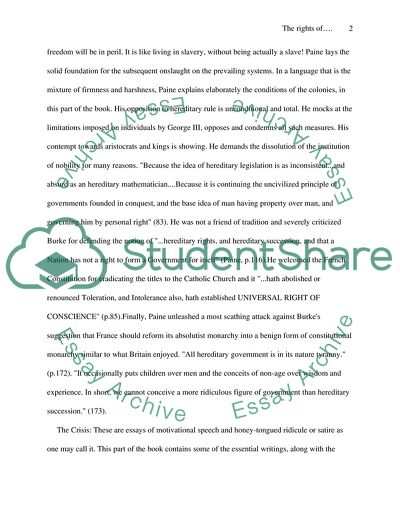Cite this document
(The Rights of Man by Thomas Paine Book Report/Review, n.d.)
The Rights of Man by Thomas Paine Book Report/Review. Retrieved from https://studentshare.org/politics/1723492-the-rights-of-man-by-thomas-paine
The Rights of Man by Thomas Paine Book Report/Review. Retrieved from https://studentshare.org/politics/1723492-the-rights-of-man-by-thomas-paine
(The Rights of Man by Thomas Paine Book Report/Review)
The Rights of Man by Thomas Paine Book Report/Review. https://studentshare.org/politics/1723492-the-rights-of-man-by-thomas-paine.
The Rights of Man by Thomas Paine Book Report/Review. https://studentshare.org/politics/1723492-the-rights-of-man-by-thomas-paine.
“The Rights of Man by Thomas Paine Book Report/Review”. https://studentshare.org/politics/1723492-the-rights-of-man-by-thomas-paine.


